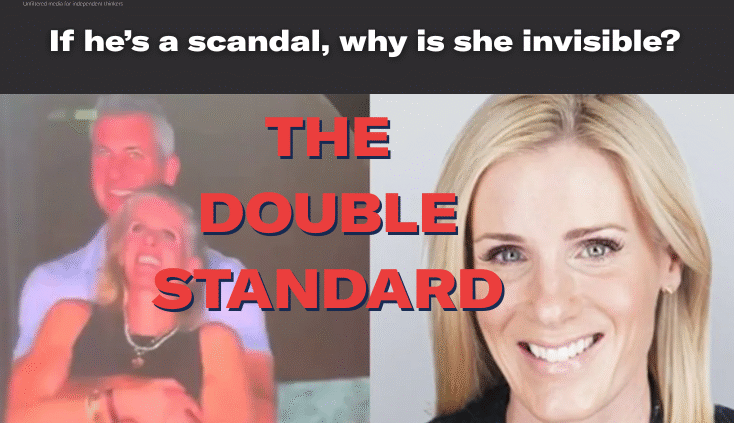Killing of Iryna Zarutska: violence, racism, and the silence around Us
A death that should haunt us all
I’ve seen too much online to think that a single video could still shake me. But the footage of Iryna Zarutska’s final moments did. She was just minding her business on a train, when her life was suddenly stolen. The way she looked up at her attacker in shock and fear, the way she clutched herself and cried into her hands while people sat around in silence. The scene broke something in me.
She didn’t die instantly. She bled, terrified, as if waiting for someone, anyone, to acknowledge her humanity. But no one did. Men and women sat feet away, eyes glued to their phones, unwilling to lift a finger. Some even stood up and walked past her without so much as a glance. That image of indifference in the face of dying haunts me as much as the attack itself.
And what makes it unbearable is knowing she had fled a war in her homeland, only to be killed in a place where she thought she might find safety. The cruelty of that irony is almost too much to bear.
The tired excuse of “mental illness”
We’ve all heard it before: the attacker was “mentally ill.” I reject that explanation outright. Evil is not a medical condition. When someone has been arrested fourteen times for violent behavior and is still walking the streets, that’s not about health. It’s about a broken justice system.
North Carolina had the chance to keep this man contained, but instead, he was free to take a life. And he’s not the only one. Just months ago, another repeat offender killed three people in New York without provocation. How many times must we read the same headline before we admit that this pattern of leniency is a policy failure? A society that values excuses over accountability is a society that chooses predators over victims.
When racism finds its opportunity
As if her death wasn’t painful enough, the aftermath was poisoned further by the reaction online. Scroll through the comments under censored versions of the video and you’ll find an avalanche of racism:
-
“Survived war but not black America.”
-
“They should introduce white and black sections on public transport again.”
-
“These people were the worst purchase in American history.”
There are hundreds like these. One man commits a crime, and suddenly an entire race is on trial. Racists wait for these moments, lurking in the shadows, ready to seize on tragedy as their green light to spew hatred. They don’t care about Iryna, they don’t care about justice. They wait for moments like this, tragedies that should unite people in grief and outrage, and instead they twist them into weapons to validate their hate, to stigmatize, and feed their ideology.
As a Black woman, I cannot describe the exhaustion of watching this cycle. Racists grab onto the worst behavior of a single Black man and inflate it into a narrative about all Black people.We are not a monolith. We are not represented by the worst among us. And yet, the moment one of “ours” commits a horrific act, it’s suddenly open season. The hate pours out eager to say “See, we told you so.”
Our own responsibility
Still, the death of Iryna Zarutska forces hard questions within the Black community, too.We can’t keep pretending that violent criminals don’t come from our own community, or that every act of brutality can be explained away by “systemic racism.” That excuse is tired, and it hasn’t saved us.
The reality is that too many Black neighborhoods are ruled by fear. People are scared of their own neighbors, the very people we love to excuse. Why do the most successful Black families do is leave the hood? They don’t want to raise their kids around gangs, dysfunction, and violence. And let’s be honest: the danger is real, and denying it only makes it worse.
If we want progress, we’ve got to break the cycle ourselves. Stop glorifying thugs. Stop raising kids where crime is the soundtrack of daily life. Stop living off government scraps and calling it survival. That’s not “cheating the system.” That’s doing exactly what the system designed you to do: stay stuck, stay dependent, stay powerless.
We can’t rewrite slavery, but we sure as hell don’t need to keep reenacting its consequences. At some point, we have to choose a different path. One where our children inherit discipline, opportunity, and pride instead of excuses, poverty, and fear.







